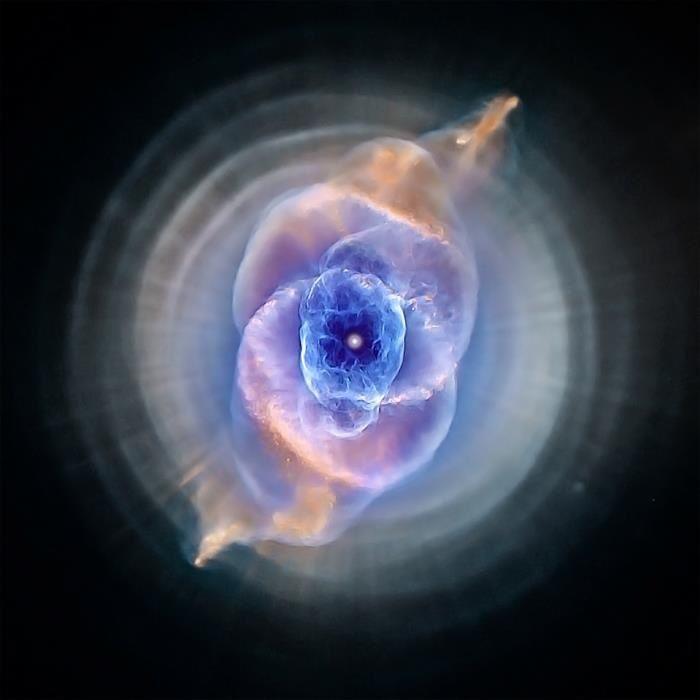This month will play host to a number of great celestial events, including a blue moon (the second of two full moons in a calendar month), which will also be the closest supermoon of the month, the Perseid meteor shower (arguably the best meteor shower of the year), and quite a few conjunctions of the moon and the planets of the solar system.
August 1: Full moon. This is the first of two full moons this month.
August 3: Moon near Saturn in the morning sky
August 8: Moon near Jupiter in the morning sky
August 9: Moon near the Pleiades in the morning sky. (These are some of the easiest groupings of stars to see and is a how many stars you can discern is a great test for how dark your skies are)
August 13: Perseid meteor shower peaks. This shower lasts from July 14 to September 1, but you can expect roughly 50-75 swift, bright meteors per hour. Best viewing will be after midnight and, with the waning moon, the viewing conditions should be excellent this year.
August 16: New Moon. New moons are always excellent times for observation or astrophotography, since you don’t have to worry about the moon washing out the sky.
August 18: Moon near Mercury in the evening sky
August 19: Moon near Mars in the evening sky
August 30: Moon at perigee (closest to earth)
August 31: Blue Moon. This is the second full moon of August and will be the closest Supermoon of 2023, so let’s hope for good conditions
As always, I recommend downloading a free sky map from SkyMaps or your site of choice to find celestial objects that are easily seen with the naked eye, or whatever viewing equipment you may have. Also, I highly recommend an app such as Stellarium to help you find the objects of the night sky, plan your observations and to learn more about all the beautiful celestial objects.
Happy observing and if you have any events that I missed, or any that you’re particularly excited for (Perseids for me), let us know.
Photo Credit to Lorenzo Busilacchi
Please keep posting these monthly. This is a great resource. Only thing I’m left wondering is where will people be able to see each of these events? The US? Northern Hemisphere? Around the world?
These are good for anywhere in the Northern Hemisphere. I can do one for the Southern Hemisphere as well, if there’s enough interest. Or if someone in the Southern Hemisphere would like to put one together I can sticky it
Thanks for putting this together. Looking forward to a “blue” supermoon :D
Removed by mod


